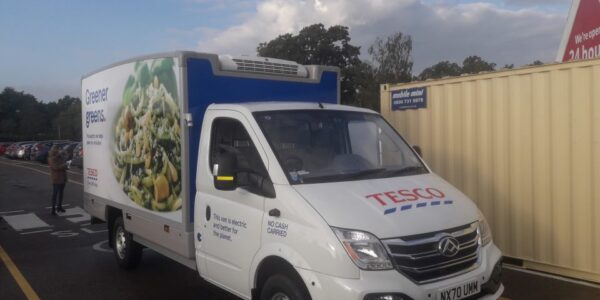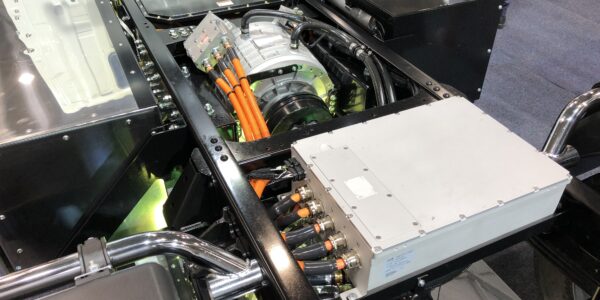New electrified options paving way for sustainable commercial vehicles
- PostedPublished 10 December 2020
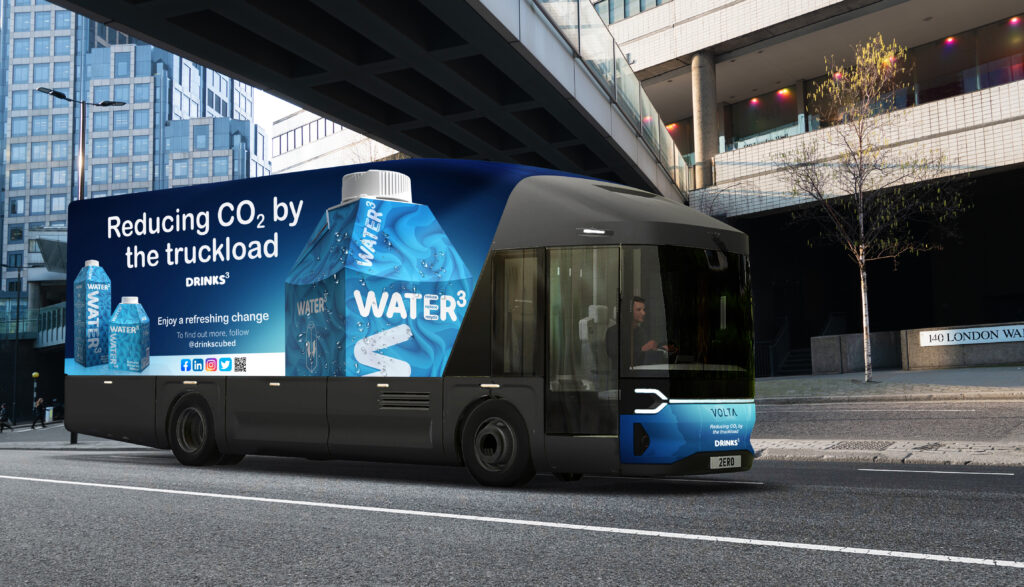
USING electric vehicles for last-mile delivery makes perfect sense. For starters, they’re quiet and clean so their operation in urban areas is less antisocial and increasingly essential, given the rise in emissions-restricted zones and potential related charges.
Such low- and ultra-low emissions zones may eventually arise in other cities and areas, meaning more transport businesses will have to adopt zero-emissions technologies and vehicles. The payload and range of many existing electric solutions, however, limits their use to local delivery routes and urban areas.
A new Mercedes-Benz eVito panel van, to put things in perspective, has a claimed range on the more realistic worldwide harmonised light vehicle test procedure (WLTP) of just 150km. Its maximum payload of 905kg is also lower than that offered by some conventional diesel alternatives.
Fortunately, particularly for those looking for increased load capacities or middle-mile solutions that can travel from warehouses to distribution centres, the availability of electric commercial vehicles is beginning to grow.

At the same time, capacities and ranges are on the up. As a case in point, Australian electric truck manufacturer SEA Electric now offers an array of commercial vehicles that have been retrofitted with capable electric powertrains.
Founded in 2012, the Melbourne-based company has created a proprietary propulsion system called SEA-Drive. This flexible powertrain can be adapted to suit applications from light to heavy commercial, with continuous power output ratings of up to 350kW and torque outputs of 1852Nm – making it suitable for vehicles with a gross vehicle mass (GVM) of more than 18 tonnes.
Currently, SEA Electric offers Ford, Hino and Isuzu trucks in a wide array of configurations, ranging from elevated platform set-ups and dust carts to conventional box trucks. A SEA-converted Hino 917 truck with a SEA-Drive 120a powertrain, for example, is reputed to have a GVM of eight tonnes and a payload capacity of some 4274kg.
Its single AC motor can put out a peak of 125kW and 1500Nm, or a continuous 80kW and 800Nm, while its 136kWh battery grants an unladen range of up to 320km.

SEA Electric claims a charging time of six hours to 80 per cent but a fast-charging system is available – while features such as a five-year battery warranty further add to the appeal of the all-electric solution. Even without incentives, grants and subsidies, SEA Electric claims a break-even period of less than four years.
The company aims to expand and enhance its technology, too, and it recently raised $20 million ($A27.5 million) of funding in the United States.
Another $14 million is hoped to be raised in due course, which will complete a round of investment designed to allow the company to move to a more signification development and operations phase.
SEA Electric has also partnered with Toyota to supply a new line of zero-emissions trucks, production versions of which are due in 2024, that will be sold under the Japanese manufacturer’s Hino brand.

“SEA Electric is continuing to develop, enhance and deploy its electric SEA-Drive technology in collaboration with glider chassis suppliers across a range of van and truck platforms in all major global markets,” said SEA Electric president and founder Tony Fairweather, in an article on specialist website Australasian Transport News.
The company is not alone in forging ahead in the electric truck market. Japanese manufacturer Fuso offers an all-electric version of its Canter, called the eCanter, which has a payload of 4000kg and a range of up to 150km – and others, including more heavy-duty big rigs, are being fielded by companies such as BYD, Daimler and Volvo.
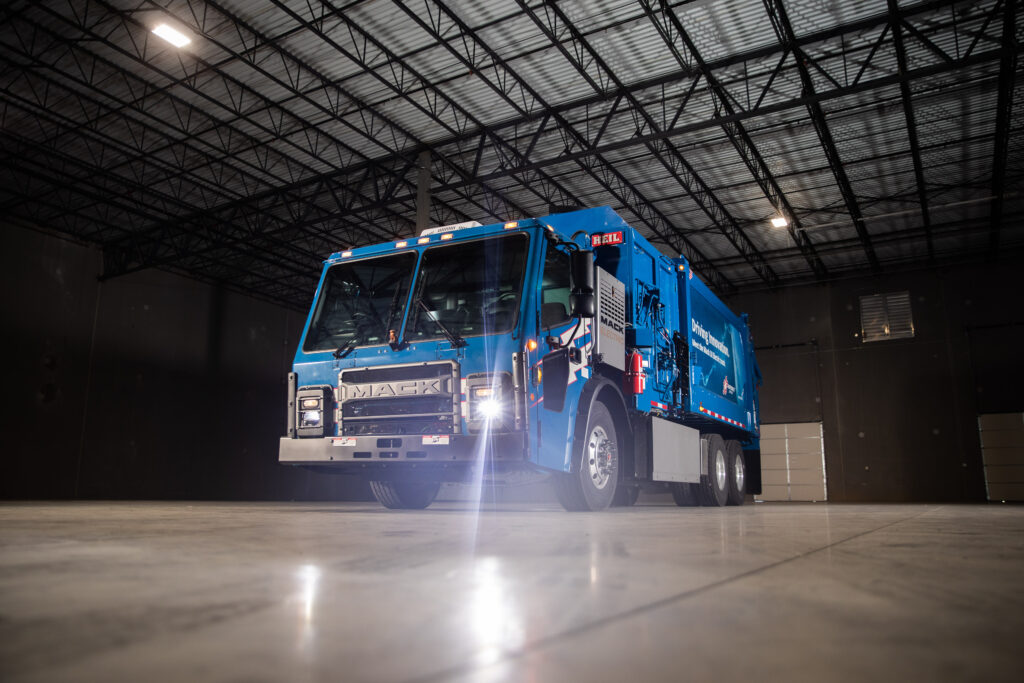
Companies are starting to order and employ these trucks, too, instead of continuing to depend on diesel and waiting to see what develops.
Drinks Cubed, a London-based sustainable drinks brand, recently placed a multi-million-pound deal for a fleet of new Volta Zero trucks. The purpose-built electric truck, which was unveiled in September, has a claimed range of 200km and a payload of 8.6 tonnes.
Many pre-production models are currently undergoing real-world trials as well, which will result in additional electric options in coming months and years.
Iconic US manufacturer Mack Trucks is among those carrying out such tests, as its new LR Electric refuse truck is being assessed by waste specialists Republic Services on a residential recycling route in North Carolina.
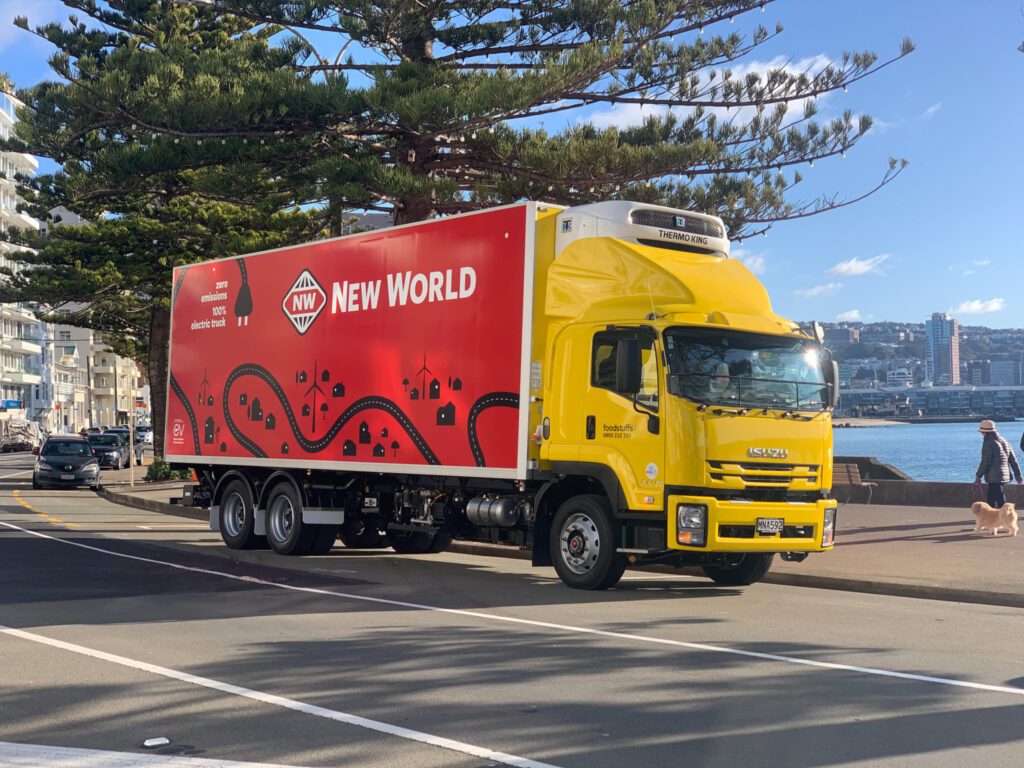
The application of these technologies and concepts is spawning in an array of all-electric commercial vehicle start-ups.
Among them is Trova Commercial Vehicles (TrovaCV), founded and led by Patrick Collignon, a former chief operating officer of Volvo Trucks North and South America.
TrovaCV aims to develop its own fully electric vehicle but, perhaps more prominently, it intends to employ its engineering and design capabilities to make mass production of electric trucks more affordable and viable.
“This is an exciting time as the electric commercial vehicle market is being reshaped,” said Collignon.
“While technology and innovation have made it possible to convert fuel-powered commercial vehicles into electric vehicles, we haven’t seen a production model capable of producing the required volume of fully electric commercial vehicles to meet the demand.”
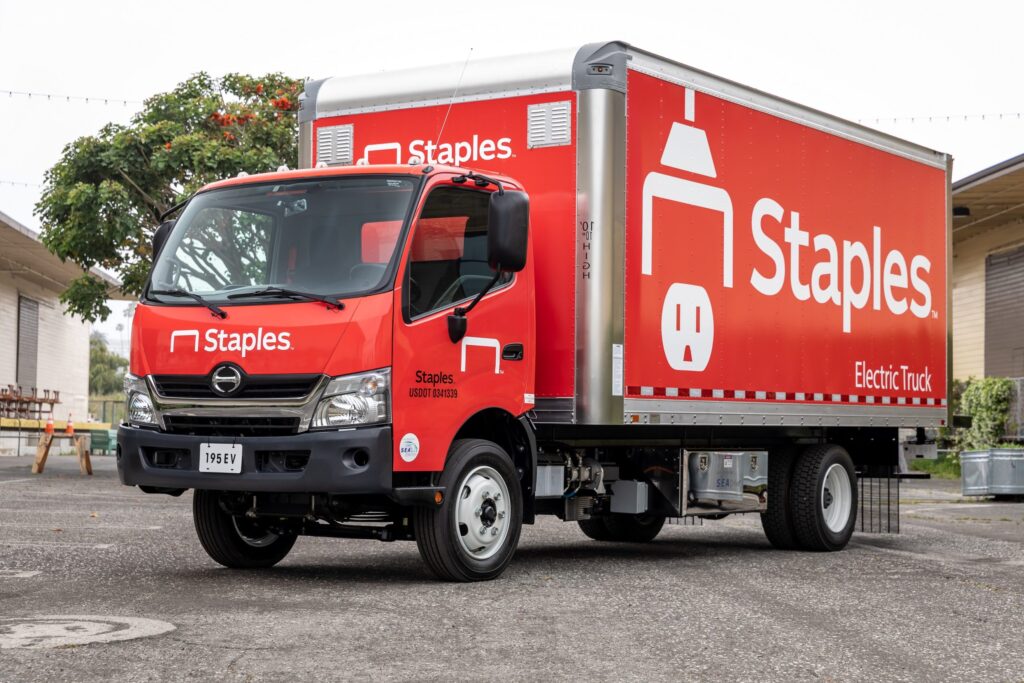
- CategoriesIn SightGlass
- Tagselectric trucks, electric vehicles, SightGlass News Issue 22

